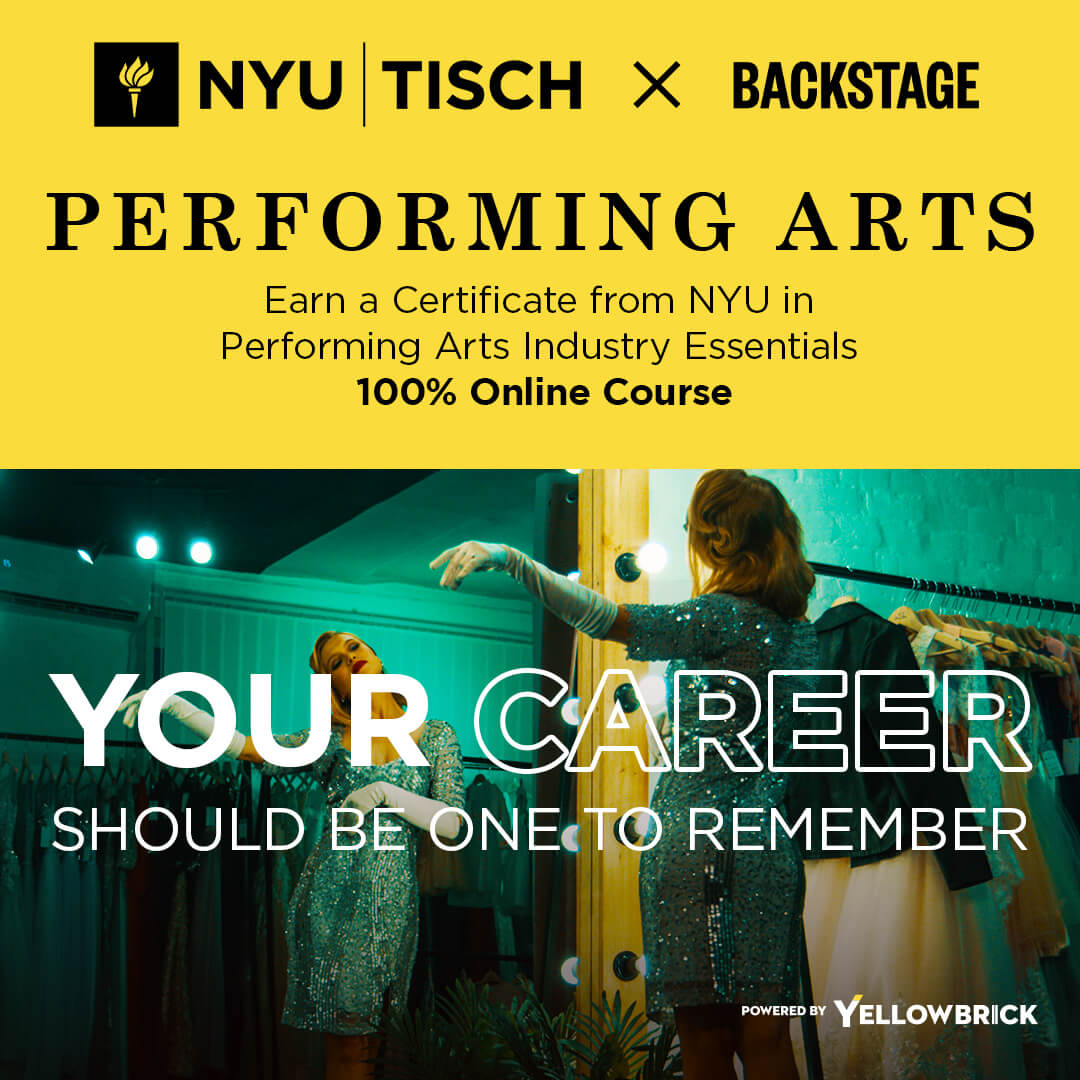Are you passionate about the performing arts and considering a career in this exciting and dynamic field? Whether you dream of gracing the stage as a talented actor, captivating audiences with your dance moves, or belting out powerful melodies as a singer, pursuing a career in the performing arts can be incredibly rewarding. However, mastering the art of performing requires dedication, hard work, and a solid foundation of skills and knowledge.
In this comprehensive guide, we will explore the various avenues through which you can learn performing arts and kickstart your journey toward a successful career in this competitive industry. From formal education programs to hands-on experience and industry insights, there are numerous ways to hone your craft and develop the skills necessary to thrive as a performing artist.
Pursue a Degree in Performing Arts
One of the most traditional paths to learning performing arts is through pursuing a degree in the field. Many colleges and universities offer comprehensive programs in performing arts, providing students with a well-rounded education that covers various aspects of the industry.
Institutions like New York University (NYU) and The New School are renowned for their performing arts programs, offering students the opportunity to study under experienced faculty members and collaborate with fellow artists.
Enroll in Specialized Workshops and Training Programs
In addition to formal degree programs, aspiring performing artists can benefit from enrolling in specialized workshops and training programs. These short-term courses often focus on specific aspects of performing arts, such as acting techniques, dance styles, or vocal training.
Organizations like Yellowbrick offer online courses that cater to individuals looking to enhance their skills and knowledge in the performing arts industry.
Seek Mentorship and Guidance from Industry Professionals
Mentorship plays a crucial role in the development of aspiring performing artists. By seeking guidance from experienced industry professionals, you can gain valuable insights, feedback, and advice that can help you navigate the complexities of the performing arts world.
Networking events, masterclasses, and internships are excellent opportunities to connect with established artists and learn from their experiences.
Attend Live Performances and Study the Work of Established Artists
Attending live performances and studying the work of established artists is an essential part of learning performing arts. By immersing yourself in the rich tapestry of performances across different genres, styles, and formats, you can expand your artistic horizons, gain inspiration, and refine your own craft.
Analyzing the techniques, storytelling methods, and stage presence of renowned performers can provide valuable lessons that you can incorporate into your own practice.
Practice, Practice, Practice
As the saying goes, practice makes perfect. Dedicate time to honing your craft through consistent practice and rehearsal. Whether you are memorizing lines for a play, perfecting your dance routine, or fine-tuning your vocal range, regular practice is essential for mastering the art of performing.
Consider creating a daily routine that includes warm-up exercises, skill drills, and performance rehearsals to stay sharp and continuously improve your abilities.
Embrace Creativity and Experimentation
Creativity is at the heart of performing arts. Embrace your unique artistic voice and don’t be afraid to experiment with different styles, techniques, and approaches. Allow yourself the freedom to explore new ideas, push boundaries, and take creative risks.
Innovation often stems from stepping outside your comfort zone and challenging conventional norms, so dare to be bold and express your creativity through your performances.
Develop a Strong Work Ethic and Professional Attitude
Success in the performing arts industry requires more than just talent – it also demands a strong work ethic and professional attitude. Be punctual, reliable, and respectful towards your peers and collaborators.
Take initiative, set goals for yourself, and strive for excellence in everything you do. By demonstrating a commitment to your craft and a positive attitude toward your work, you can build a reputation as a dedicated and professional artist.
Stay Informed About Industry Trends and Opportunities
The performing arts industry is constantly evolving, with new trends, technologies, and opportunities emerging regularly. Stay informed about industry developments by following industry publications, attending conferences, and networking with professionals in the field.
Keep an eye out for auditions, casting calls, and performance opportunities that align with your artistic goals and aspirations. By staying proactive and engaged with the industry, you can position yourself for success and seize exciting opportunities as they arise.
Collaborate with Peers and Build a Strong Support Network
Collaboration is a cornerstone of the performing arts industry. Work collaboratively with your peers, share ideas, and engage in creative partnerships that can enhance your artistic growth.
Building a strong support network of fellow artists, mentors, and industry professionals can provide you with the encouragement, feedback, and connections you need to thrive in the competitive world of performing arts. Surround yourself with individuals who inspire and challenge you to be the best performer you can be.
Never Stop Learning and Growing as an Artist
Learning performing arts is a lifelong journey that requires continuous growth and development. Never become complacent or stagnant in your artistic pursuits. Stay curious, open-minded, and eager to learn new skills, techniques, and perspectives.
Take advantage of every opportunity to expand your knowledge, challenge yourself creatively, and evolve as an artist. By embracing a mindset of lifelong learning and growth, you can unlock your full potential and achieve success in the dynamic and ever-evolving world of performing arts.
Key Takeaways:
- Pursue a degree in performing arts to receive a comprehensive education in the field.
- Enroll in specialized workshops and training programs to enhance your skills.
- Seek mentorship from industry professionals to gain valuable insights and guidance.
- Attend live performances and study the work of established artists to expand your artistic horizons.
- Practice consistently to hone your craft and improve your skills.
- Embrace creativity, experiment with different styles, and take creative risks.
- Develop a strong work ethic and professional attitude to succeed in the industry.
- Stay informed about industry trends and opportunities to position yourself for success.
- Collaborate with peers and build a strong support network to enhance your artistic growth.
- Never stop learning and growing as an artist to unlock your full potential.
For a comprehensive online course and certificate program that can further enhance your skills and knowledge in the performing arts industry, consider taking the courses offered by Yellowbrick. Their specialized programs can provide you with valuable insights and training to help you succeed in your performing arts career.








